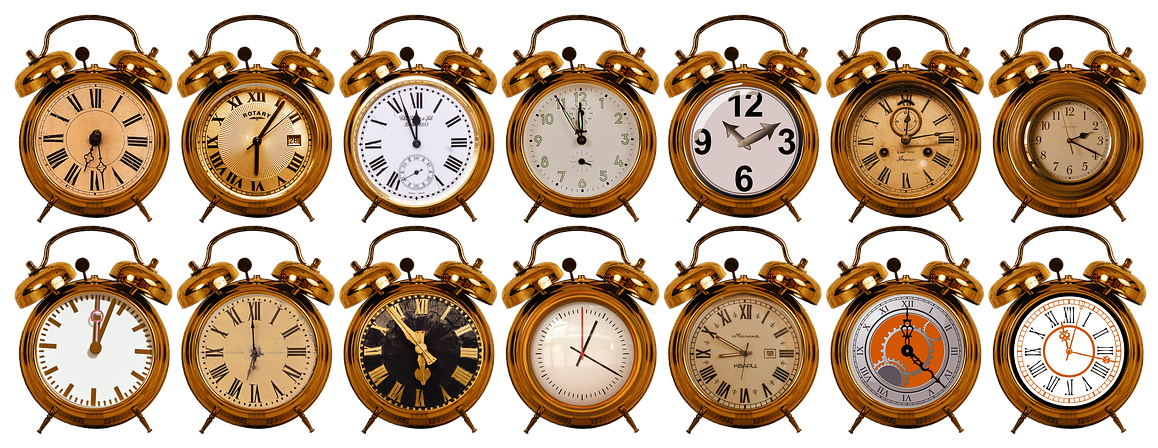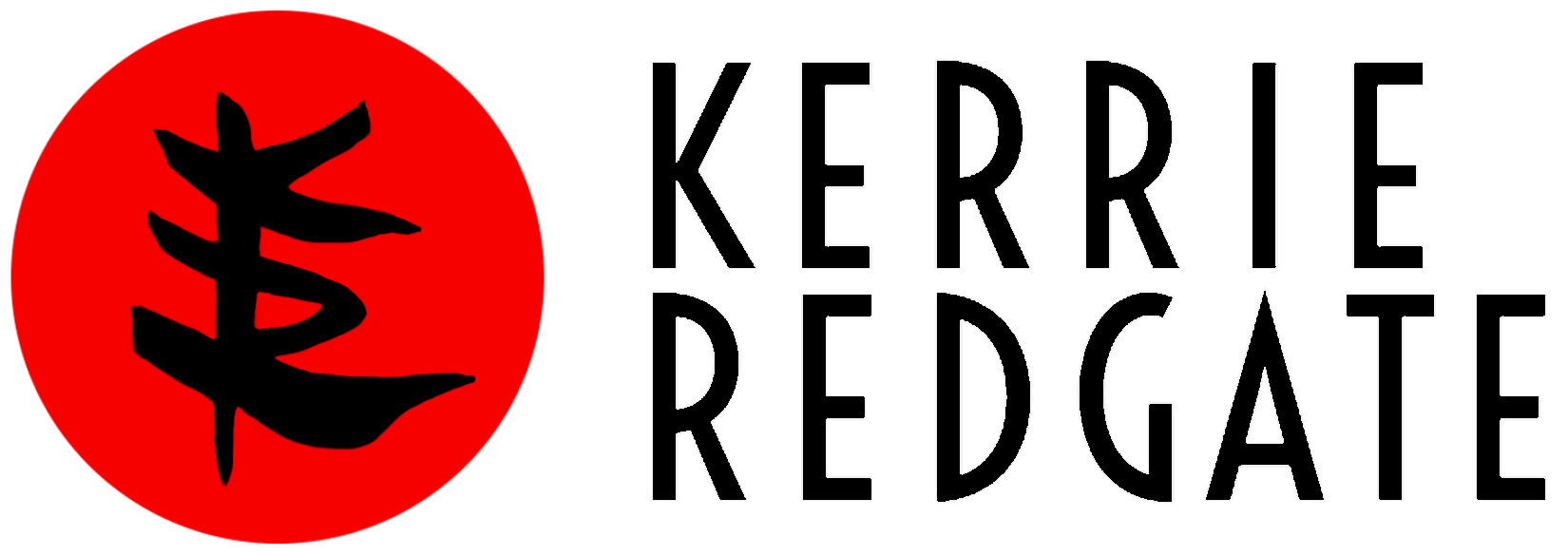Feng Shui Tip :
Clocks & Your Health

There is basically nothing wrong with clocks,
apart from one exception…
During our workdays, most of us rely on our smartphones or computers to keep track of the time of day. And now that the Apple Watch has been introduced to the world, more people are wearing wrist watches again (that’s another story!), of various brands. But at home, many people still like to have a clock on a wall or on a dresser, to see the time at a glance. Sometimes it’s an antique clock, a family heirloom, or a favourite modern design that enhances the space.
As Feng Shui is a system that helps us design our living spaces for an utmost advantage regarding our health, prosperity, relationships, and any other area of our life, every detail of our environment is included in a Feng Shui appraisal of our home and work areas.
So what is it about the humble clock?
Well, it isn’t all clocks that we are concerned with here, just a particular type: the dreaded TICKING clock!
I recall a Feng Shui appraisal I had done for a small adult family where each of the members was suffering from fatigue, confusion, depression, and general frustration with their life goals. There were definite blockages to their psychological well-being throughout the home.
There was one thing that I was immediately aware of, as soon as I had stepped inside their dwelling. It was impossible to miss, as it made a noise that sliced through the otherwise peaceful ambience of the space. A loud, evenly-toned, rhythmical tick…tick…tick…tick…tick…
Try it right now, sit comfortably, close your eyes, and slowly repeat that word with one second breaks between, mimicking the sound of your average clock. “Tick…tick…tick…tick…”, as many times as you like. After a short while, you’ll begin to feel relaxed, and then drowsy. You might even want to have a snooze!
The problem is in the way the brain processes sound. The brain functions on frequencies, which are pulses of what we call ‘sound’ that have wavelength and amplitude (like the gif in the banner above). The brain then entrains with those frequencies, locks them in memory, and records our reaction to those frequencies (as harmful or pleasant) for later as our responses and strategies.
When a frequency has a regular rhythm and the same tone, it becomes more easily anchored into the brain. If that same simple sound continues unabated, the brain activates only its own circuits (and synaptic connections) that resonate with that rhythm. The higher the frequency, the more the front part of the brain is activated—this is our executive centre where our decisions are made, and where we use our volition to change old patterns. (Think of the difference between the slow, steady drum beat of a dirge and the exciting Tokai drumming of Japan.)
So, if the rhythm is slower and has a lower frequency sound (like a ticking clock, which has a very slow pulse), the lower centres of the brain are activated, such as our survival-based, autonomic “reptilian brain” near the base of the skull. This is our oldest brain area, in terms of our human evolution.
When our older survival brain is more responsive than our prefrontal cortex in our forehead area, we can become tired, lacking vitality and enthusiasm for anything in life. We make decisions habitually, rather than based on our wisdom. This is what was happening to the family I observed, with the ticking clock in the centre of their home.
So if you wake up tired, or come home to an energy that dampens your enthusiasm, and you have a ticking clock somewhere in your environment, it may be time to retire the clock… And of course, sleeping with your wi-fi modem switched on can have the same subtle effect on your brain, but in a different brain area that may disturb more than your dreams. But that’s another story!



0 Comments